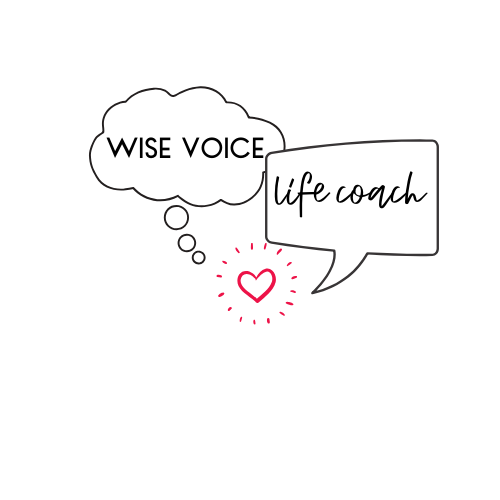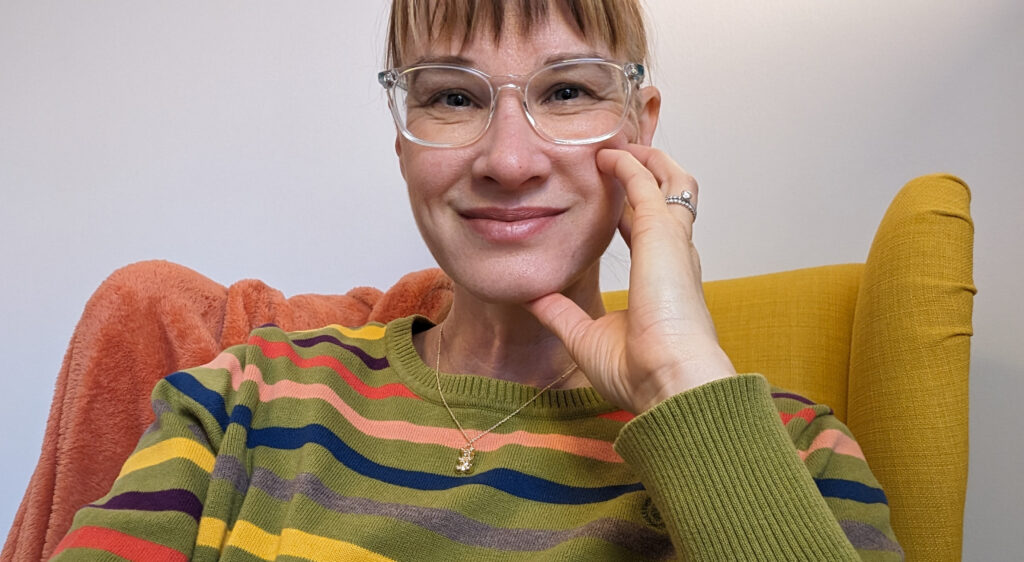What do you do first, when you’re trying to recover your life from narcissistic abuse? How do you move forward, when your life feels like it’s in ruins?
The first step depends on where you’re at in your recovery, of course. The ultimate first step is to find safety – whatever that looks like in your situation. After that, I believe the first and most helpful step is to find someone trustworthy you can confide in.
This person needs to be someone who will validate you, help you see what’s happening, and support you no matter what.
Sound like a unicorn, or do you have someone in mind?
Sometimes that person is a hired professional, like a coach, who can support you in a really structured way. And sometimes that person or those people are family or friends who – no doubt – have been eagerly waiting for you to see the light and come to them for help.
In order for them to help you, you need to be honest with them about what you suspect has happened with the narcissist in your life. That can be super hard to do. It’s embarrassing, scary, and can be so vulnerable to share this with someone. Even someone you love and trust.
The important part of this sharing is that you get it out and into the light. It’s no longer in the dark corners of your mind, or just a suspicion you have … It’s out there now. And someone else has eyes on you, and is aware of what’s going on. It’s much harder to stay stuck in a cycle when someone who cares about you has their eye on you.
Why is this the most important first step, and why is it such a difficult step to make?
It’s vital that you are not alone in this. A narcissistic person who is controlling and manipulative will isolate you and make you question your own reality. In some situations, the narcissist will also convince you to stop trusting others in your life.
You become much easier to control and exploit when you are isolated and insecure.
What happens when you confide in someone safe and trusted?
- The narcissist is no longer your only point of contact
- You can go to someone when you are questioning or suspicious about something the narcissist has said or done
- You take away the narcissist’s complete and total power over you, and you begin to regain some of your own autonomy and independence
- You have room in your mind for a voice of reason—this could save your life and/or your sanity
Why is it so hard and scary to tell someone about the toxic situation you are in?
- You feel embarrassed or foolish because…
- you feel like you should have seen this coming
- you’ve been through something similar before
- this isn’t your first rodeo with a narcissist (hey, it takes a few times to learn the things we need to learn sometimes)
- you feel like people are always having to rescue you
- people warned you this might happen
- you’re smart and don’t understand how you could have been fooled like this
- You are scared of…
- being judged
- retaliation from the narcissistic person
- what to do next
- what it means to admit that you are in a scary or abusive situation
- You’ve become so isolated
- it’s hard to find anyone to tell, because you’ve been isolated from most of the people in your life
There is no shame in struggling to tell someone the truth about your toxic relationship. I know I can’t take the shame away from you with that sentence, but I need to say it anyway. So many of us have been involved in really unhealthy relationships, and none of us did it on purpose. None of us asked for it. None of us knew it was gonna happen.

Admitting to someone that you are in such a bad state is painfully vulnerable, but your vulnerability with them now can potentially save you from further harm by the narcissist. When someone on the outside of your relationship helps you see your relationship more clearly, you might be able to really understand how bad things are for the first time ever.
They can give you reality checks on things like, the way the narcissist talks to you; how you are being controlled; what is happening with your money; who decides what you do with your time, etc. It’s possible that you are either under the spell of the narcissist and having trouble seeing what’s healthy and what’s not—and/or you have never truly known what a healthy relationship looks and feels like.
Another really important thing an outside support system can do is to help you take action when you feel too weak or scared to. They will be your strength, your energy, your guiding light when you feel too low and despairing to do anything about your situation.
Lean on them. That’s what they’re there for. We were not meant to do this life alone. And when we’re really struggling, it’s so necessary to let other people help you through it. There is nothing noble about doing it all alone (despite what we’ve been taught).
Asking for help is not a moral failing. It’s brave, necessary, and it could save your life and your sanity.
What stops you from asking for help? Is it any of the things I’ve mentioned above? Maybe you feel unsure about who to ask. Or maybe you don’t have anyone to talk to, and don’t know how to find someone. Maybe you just don’t know where to start?
If you feel like you’ve burned bridges with family or friends, that might not be true. They may have stepped away because your toxic relationship took up all the space, or the narcissist in your life has isolated successfully isolated you … If either of those has happened, I’m willing to bet that those folks are still available to you should you be ready to ask for help. In fact, they may be waiting for you to be ready for support. They might have tried to help you and been rejected by you in the past, but I bet they are desperate to help you get out of the situation you are in.
It’s worth taking a chance to see if they will help, no matter how stupid you feel reaching out now, after so much time has passed.
There’s always the option to find a professional who can help you. If you do hire a coach or therapist, please make sure they understand narcissistic abuse. A professional who does not understand those dynamics can end up causing more harm in your life, and you really don’t need that.
Please know I am here as a resource as well. Many of my clients were embarrassed to ask for help in the beginning, but are so, so grateful they took the step toward freedom back then. It has made all the difference in their lives now.
You can step toward freedom too. It’s available to you.
It’s not too late.
Hi. I’m Alana Sanborn, and my mission is to educate about narcissistic abuse, and help people heal from their experiences with a narcissist. I’ve helped dozens of clients understand narcissism, their own patterns, make positive changes in their boundaries, and recover from the manipulations of a narcissist in their lives. My approach is practical and strategic, while also providing comfort and validation for the emotional roller coaster that accompanies this type of healing. I come to this work from a long history of my own relationships with narcissistic people, and 20+ years of training and work as a mental health counselor and coach.




